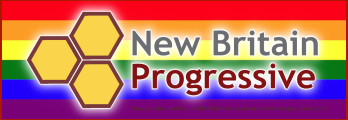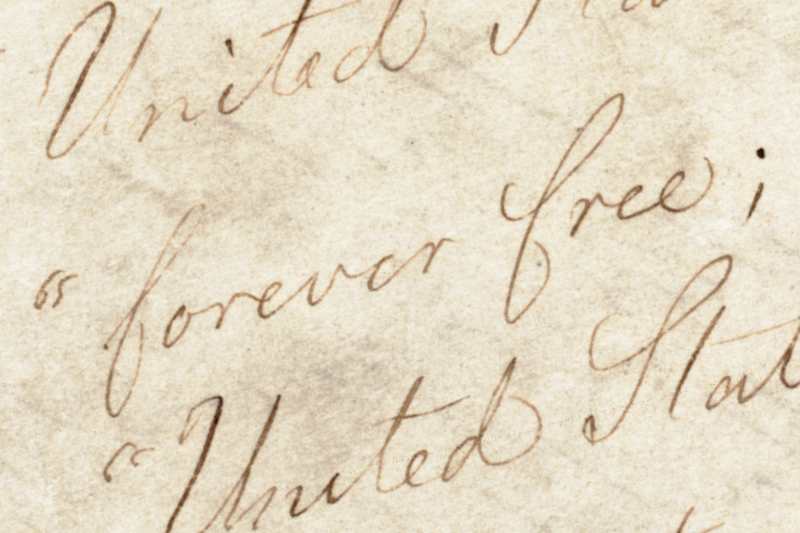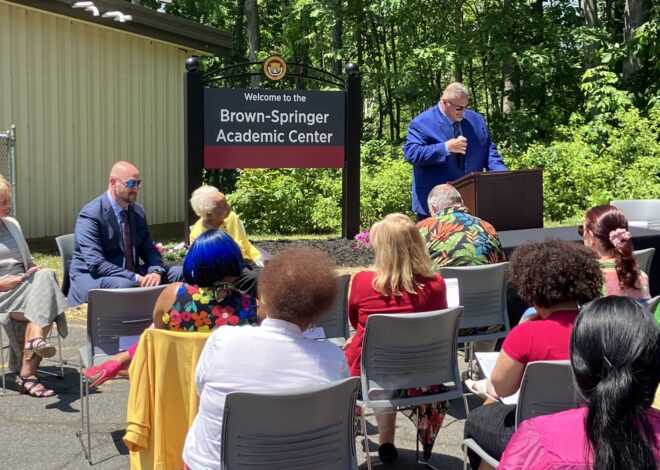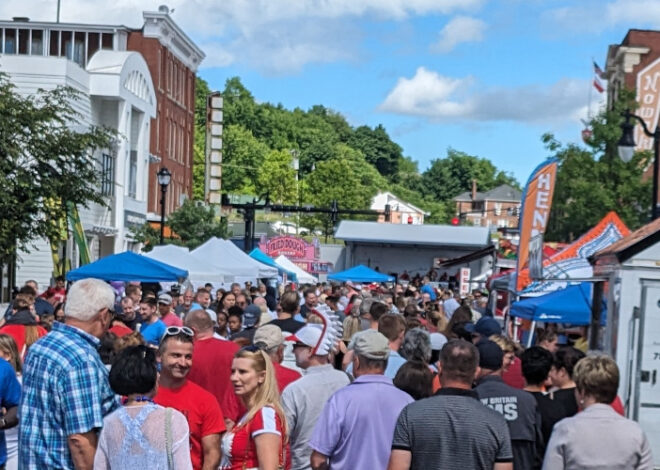The New Britain Museum of American Art‘s celebration of Juneteenth is returning with music, food and local shopping.
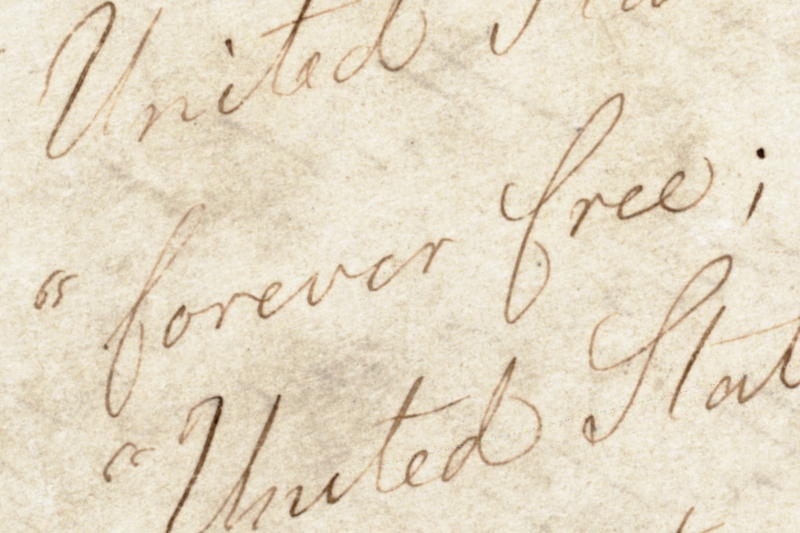
The Juneteenth Celebration is to be on Juneteenth, Saturday, June 19, 2021 at the Museum. The Museum says that the event is, “Free for all.”
The Museum says that, with the help of its Local Advisory Committee, it has “big plans” for the Celebration, including,
11:00 a.m. – Black National Anthem – Aleecya Foreman
11:30 a.m. – “Underground Railroad” – Nzinga’s Daughters
12:30 p.m. – “Generations of Drummers” – Abubakar & Babafemi
1:30 p.m. – Tre Brown, M.I.D.N.I.G.H.T., Influence, & NBS Malay
2:30 p.m. – “The Awakening” – Jus Hues & Wizdom
3:30 p.m. – Community Drumming Circle – Lance Kamau
Food will be provided by downtown New Britain restaurant My Wife Didn’t Cook, and shopping opportunities are to include Unknown Clothing, Saints by S.J. Boutique, 2Girlz, Sumar Designs and Aedes by Shay Skincare.

The Emancipation Proclamation, signed by President Abraham Lincoln during the Civil War, proclaimed that, “all persons held as slaves,” within the Confederacy, on January 1, 1863, “shall be then, thenceforward, and forever free.” The National Archives said that,
After January 1, 1863, every advance of federal troops expanded the domain of freedom. Moreover, the Proclamation announced the acceptance of black men into the Union Army and Navy, enabling the liberated to become liberators. By the end of the war, almost 200,000 black soldiers and sailors had fought for the Union and freedom.
But, the National Museum of African American History and Culture, says that, when the Emancipation Proclamation took effect on January 1, 1863,
not everyone in Confederate territory would immediately be free. Even though the Emancipation Proclamation was made effective in 1863, it could not be implemented in places still under Confederate control. As a result, in the westernmost Confederate state of Texas, enslaved people would not be free until much later. Freedom finally came on June 19, 1865, when some 2,000 Union troops arrived in Galveston Bay, Texas. The army announced that the more than 250,000 enslaved black people in the state, were free by executive decree. This day came to be known as “Juneteenth,” by the newly freed people in Texas.
The National Archives points out that,
the Emancipation Proclamation was limited in many ways. It applied only to states that had seceded from the United States, leaving slavery untouched in the loyal border states. It also expressly exempted parts of the Confederacy (the Southern secessionist states) that had already come under Northern control. Most important, the freedom it promised depended upon Union (United States) military victory.
Slavery was finally abolished nationwide on December 6, 1865 by the Thirteenth Amendment to the Constitution.
The New Britain Museum of American Art is located at 56 Lexington Street, adjoining New Britain’s historic Walnut Hill Park.
